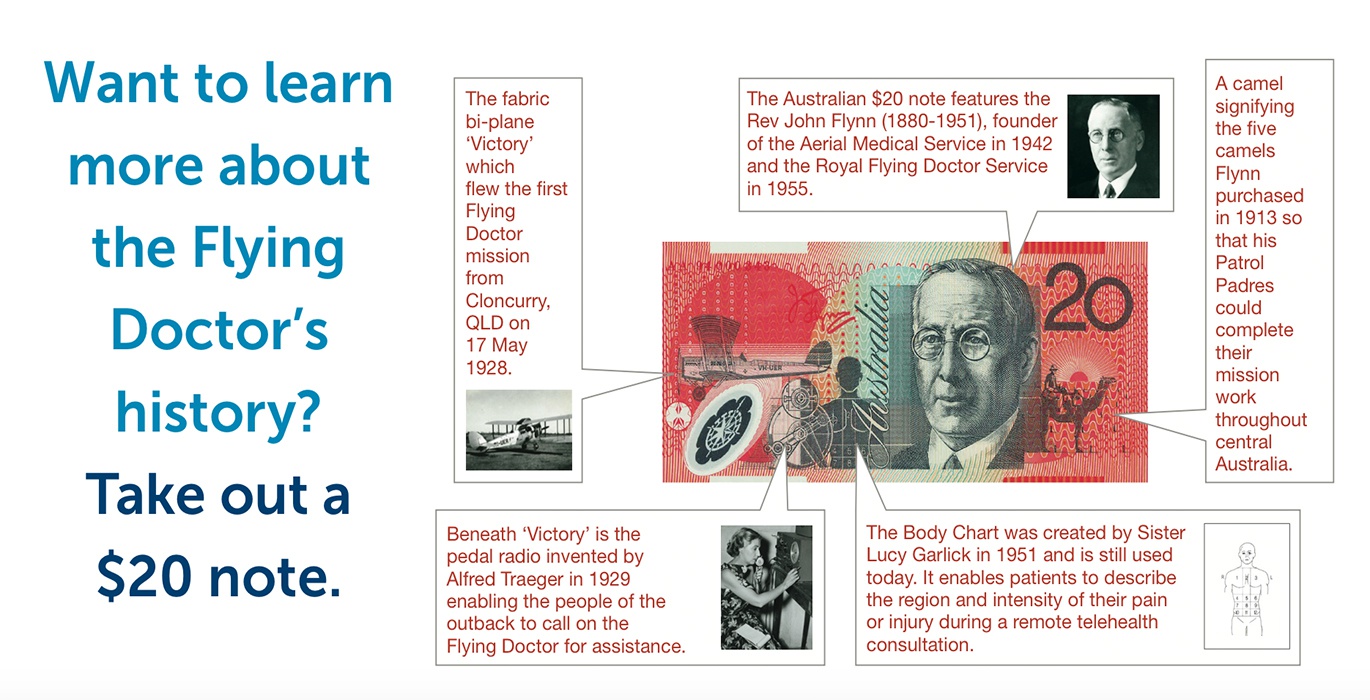1576 Copenhagen, Science: The Danish king gave Tycho Brahe Hveen Island upon which to build the Uraniborg Observatory. We saw some Brahe sights and sites in Copenhagen on a day of 20,000 steps.
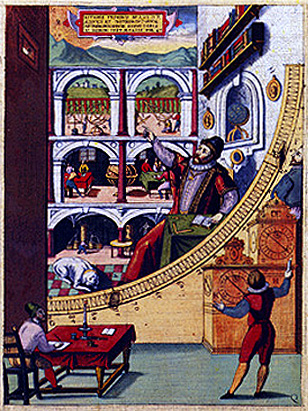
1785 Paris, Technology: Benjamin Franklin demonstrated bifocals. He had worn two pairs of glasses, one for reading and another for everything else, but found that a nuisance. He studied the lens in each and combined them.
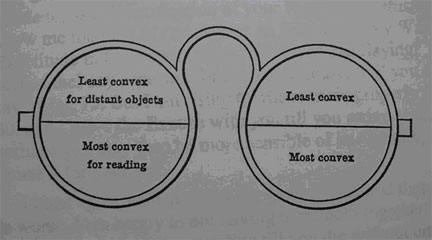
1911 New York City, Culture: On Fifth Avenue President William Taft dedicated the New York City Public Library, an immense Beaux-Arts marble building with lions on guard that remains imposing today. I have done research there for the books. Across the street is a glass and steel lending library.
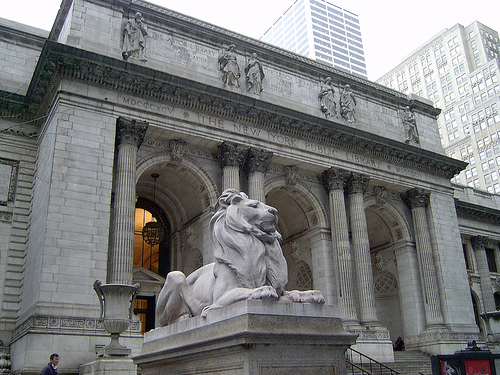
1958 Lincoln, Education: At Nebraska Book store Clifton Hillegass started Cliffs Notes with a guide to ‘Shakespeare’s Romeo and Juliet.’ It has become an immense business and spawned rivals. To anticipate what students do I have looked a few examples and found each to be very well done, though no substitute for the primary work.

1994 Hollywood, Entertainment: The last of 153 episodes of Star Trek: The Next Generation ‘All Good Things’ went to air. Remember to follow ‘The Prime Time Directive.’
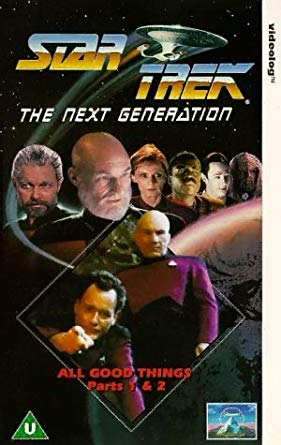
Category: Practice
22 May
1570 Antwerp, Geography: Abraham Ortelius published the first atlas, called ‘Theatrum Orbis Terrarum’ (Theatre of the World). I have had a ‘Times of London Atlas’ on hand for many years.

1840 Sydney, History: By an Order-in-Council transportation of convicts to New South Wales ended.
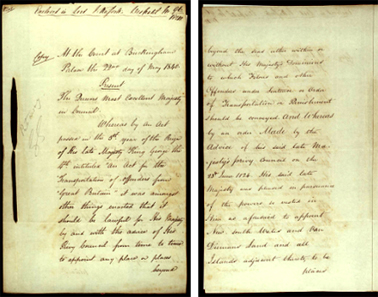
1843 St Louis, History: The first major wagon train on the Oregon Trail left with one thousand people following the Platte River northwest. The picture below is at Scotts Bluff.
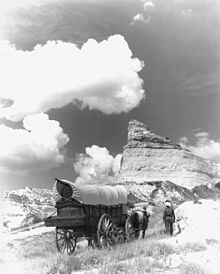
1849 Springfield, Technology: Abraham Lincoln patented a device for lifting boats over shoals.

2003 Fort Worth, Sports: Golfer Annika Sorenstam became the first woman to play in a Professional Golfers Association tour event since Babe Didrikson 58 years earlier. Didrikson beat everyone, and the men learned their lesson, thereafter banning women from tournaments. Initially the PGA refused Sorenstam’s application but when the sponsor of the event, The Bank of America, moved to rescind its contract, then PGA then conceded the point. Thus did the PGA affirm its place as one of the most retrograde organisations.
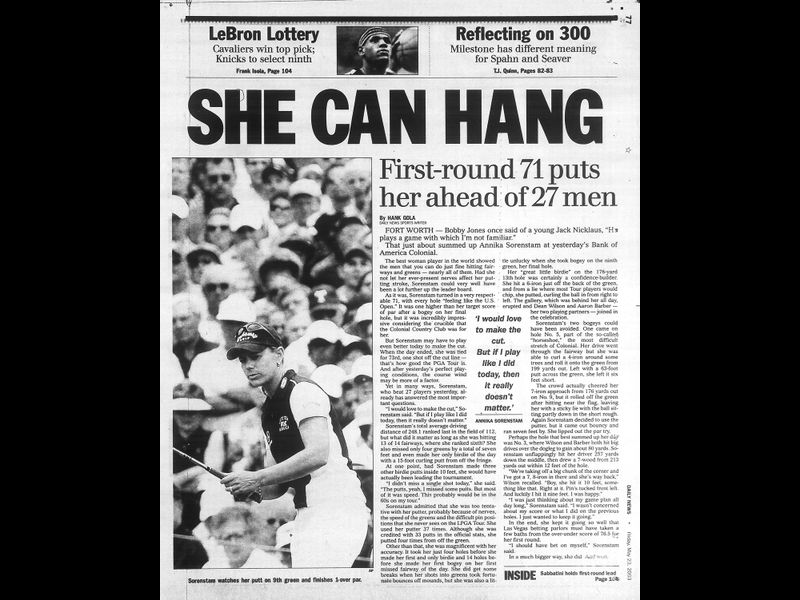
21 May
1881 Washington, D.C., History: Clara Barton and Adolphus Solomons founded the American branch of the International Red Cross. She had nursed in the US Civil War. Solomons was a philanthropist who put up the money when good Christians would not do so.
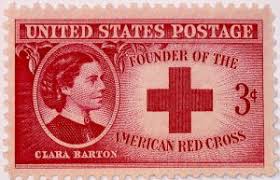
1908 Chicago, Entertainment: The first horror movie screened, ‘Dr Jekyll and Mr Hyde.’ This silent movie is now lost, but was well received by audiences and critics alike.
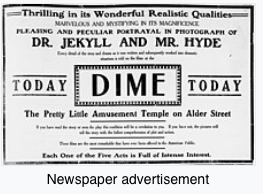
1914 Hibbing (Minnesota), Transportation: The first long distance bus company started with a single Hupmobile (as pictured below) and took the name ‘Greyhound’ in 1929. Now based in Dallas Texas Greyhound still does the driving to 3,800 destinations. Have ridden a few.
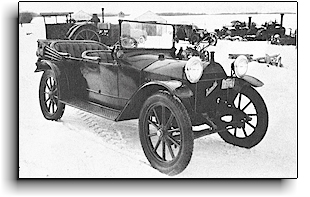
1932 St Johns (Newfoundland), Aviation: In twenty-nine hours and forty minutes Amelia Earhart flew solo across the Atlantic to Shannon in Ireland, as Lindberg had done in 1927. Well, I have been to St Johns but with Air Canada.
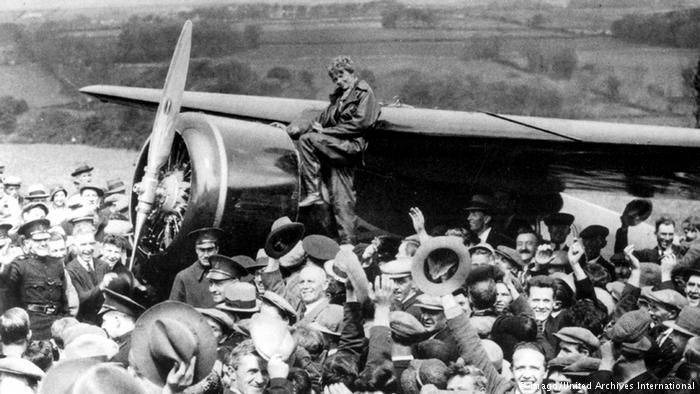
1999 Los Angeles, Entertainment: After eighteen nominations, Susan Lucci on the nineteenth nomination gained the Daytime Emmy for best actress in ‘All My Children.’ She politely ate a lot of crow the previous eighteen times at the presentation dinners.

20 May
325 Constantinople, History: Emperor Constantine convened the first Ecumenical Council in Nicaea to resolve theological differences among Christians. Disputes continued. Think dancing angels and pins. There is an informative episode of Lord Bragg’s ‘In Our Time’ about this conference. I remember the name and nothing else from a college class on ‘The New Testament as Literature.’
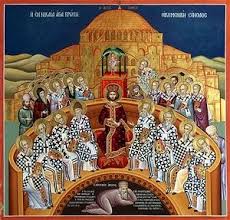
1867 London, Politics: MP John Stuart Mill introduced a private member’s bill to enfranchise women. It was roundly defeated and Mill was ridiculed. A biography of Mill is discussed elsewhere on this blog.
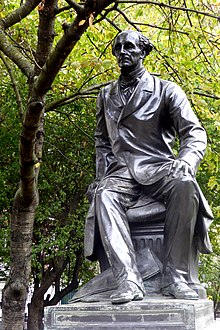
1873 San Francisco, Fashion: Levi Strauss and Jacob Davis patented work-pants made of denim and reinforced with copper rivets, i.e., blue jeans. Jacobs was a tailor and Stauss a clothing retailer.
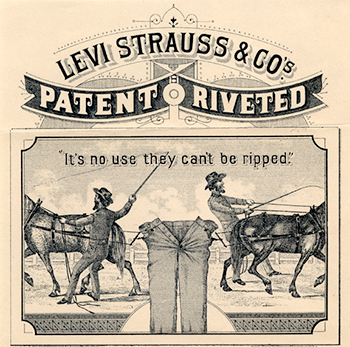
1927 St. Louis, Aviation: In ‘The Spirit of St Louis’ Charles Lindberg flew solo across the Atlantic Ocean. At the the time such a flight was thought impossible.
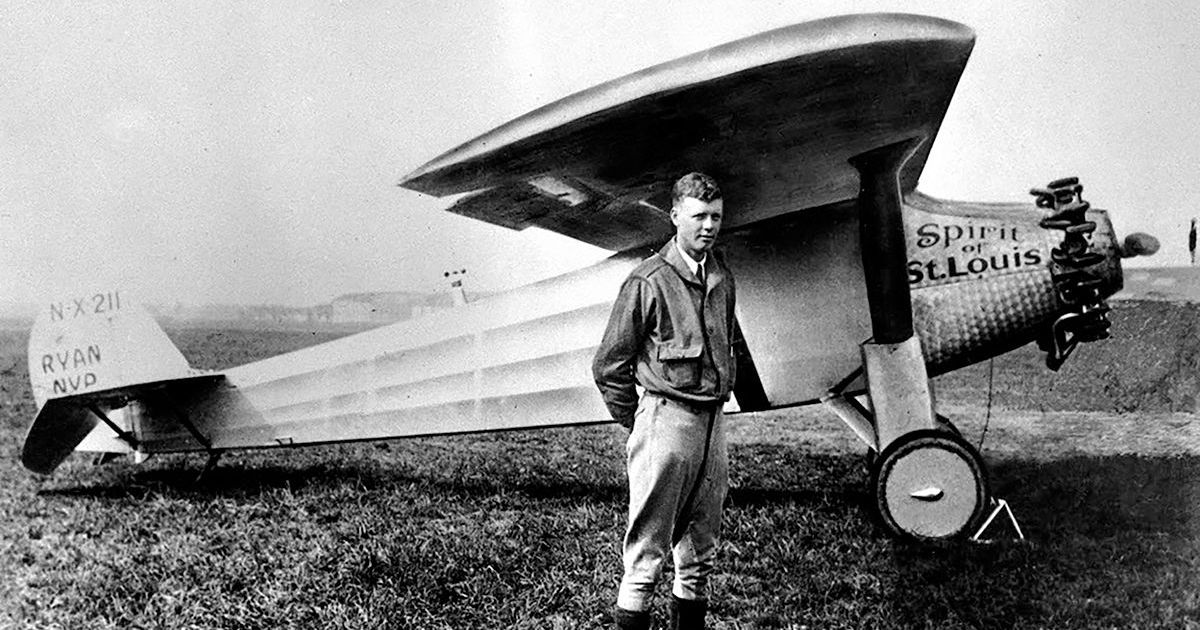
1990 Space, Astronomy: The Hubble Space Telescope transmitted its first photographs of deep space.

19 May
1884 Baraboo (Wisconsin), Entertainment: The five Ringling Brothers’ Circus premiered. Later they moved headquarters to Connecticut to be closer to the larger East Coast markets. It folded in 2017. Saw a few performances in the Civic Auditorium in Hastings.

1900 Simplon (Switzerland), Transportation: The world’s longest railway tunnel at the time opened between Switzerland and Italy. It took three thousand men more than two years to build. Sixty-seven workers died in accidents during the work. during World War II both the Swiss and the Italians prepared to block it or attack it. It is still in use.

1948 Canberra, Technology: The Curtin Labor Government proposed to make uniform all Australian railway gauges. Before 1901 Federation created Australia, the railways had started in the separate colonies in the middle of Nineteenth Century and differed. During World War II the incompatible gauges had delayed and hampered the transportation of war material and personnel. Yet even today, believe it or not, Ripley, differences remain.

1965 Luxembourg, Politics: President Lyndon Johnson named Patrica Harris, a black woman, US ambassador to Luxembourg. She was the first black woman to hold that title. Given the Luxembourg played a pivotal role in the European Community as an honest broker, this was a crucial post, not a backwater. She went on to be Dean of the Harvard Law School, and Secretary of Housing and Urban Development in the Carter Administration. These latter two appointments were also firsts for a black woman.

1986 Cannes, Film: ‘Le Déclin de l’empire américain’ directed by Denys Arcand was awarded the International Critics Prize at the Cannes Film Festival. With good humour it examines social change in an ensemble of Quebecois. Two sequels followed, each darker than the one before. My pick is ‘L’âge des ténèbres’ (2007). I have discussed it in a post elsewhere on the blog.
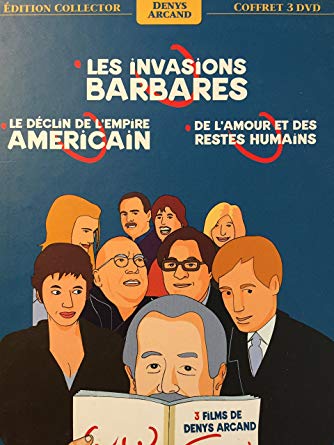
18 May
1642 Montréal, History: French explorers had been stopping at the island now called Montréal since 1535. A small settlement development to store supplies, dig wells, and then to trade in furs. On this day the settlement was named Montréal (for the Mont Royal that dominates the island) a group of thirty colonists led by Paul de Maisonneuve began to build a permanent town starting with a church to convert the natives. We spent a few hours at the museum excavation of this original site. On one side of Mont-Royal it is English-speaking and on the other French-speaking along the Rue St Laurence. Or has that verity changed?

1652 Providence, History: Rhode Island, long the North American centre of the slave trade, legislated against slavery though the law was not enforced. There were many Quakers in the colony who had gone there to escape religious persecution in Massachusetts Bay, and they opposed slavery. They could swing the numbers on a vote but could not compel authorities to enforce it. The result was that Providence remained a slave trading centre but locals were enjoined not to own slaves. The Ivy League university, Brown, was built and endowed by slave traders.
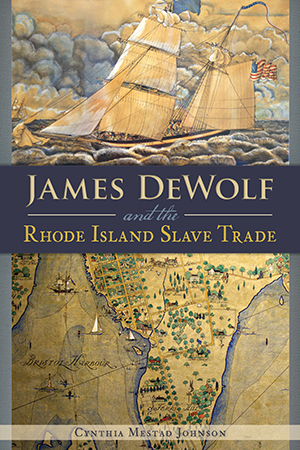
1830 Stroud (England), Technology: Edwin Budding signed an agreement to manufacture his invention – the push lawn mower which he had designed to cut grass on cricket pitches. Saturdays would never be the same again.

1897 London, Literature: Bram Stoker published ‘Dracula.’ Next stop Bela Lugosi!
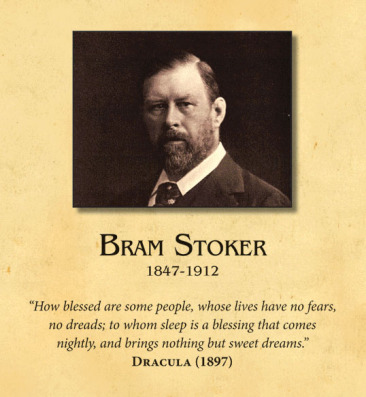
1910 Halley’s Comet passed in front of the sun in a spectacular display while the Earth moved through the Comet’s tail. This was the first appearance of the Comet that was photographed.
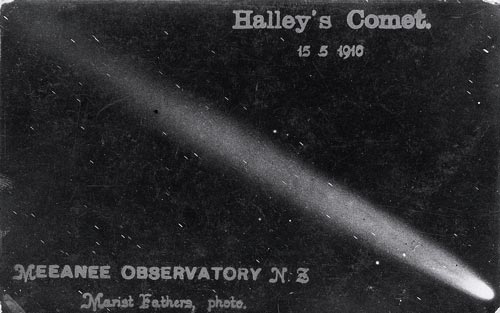
17 May
1893 Melbourne, Politics: Archduke Franz Ferdinand of the Austro-Hungarian Empire arrived in Melbourne for a tour that included hunting parties and barbeques. He continued on around the world. His murder later would spark World War I in which millions died including thousands of Australians. Below is an image of his bloodied jacket.
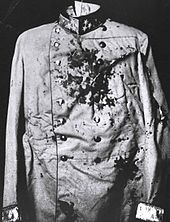
1897 New York City Harbor, Technology. Irish-born inventor John Philip Holland launched a submarine that could travel submerged by using a combination of gasoline and electric engines. He sold it to the navy who christened it the USS Holland. Likewise the first submarine in Briish Royal Navy was called the HMS Holland.
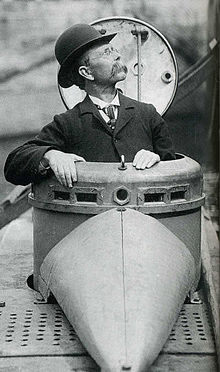
1902 Antikythera Island, Archaeology: Spyridon Stais found the Antikythera mechanism in a shipwreck off the eponymous Greek island. It is a clockwork mechanism from 205 BC with a gear, perhaps to model the movement of objects in the sky.

1954 Topeka (Kansas), Law: The Supreme Court held that segregation violated the Fourteenth Amendment of the Constitution in (Linda) Brown V the Board of Education. Note that the leader of this unanimous decision was Republican Chief Justice Earl Warren. The grade school in question is now a Civil Rights museum which I have visited a couple of times. It has some bloodcurdling displays of racial hatred.
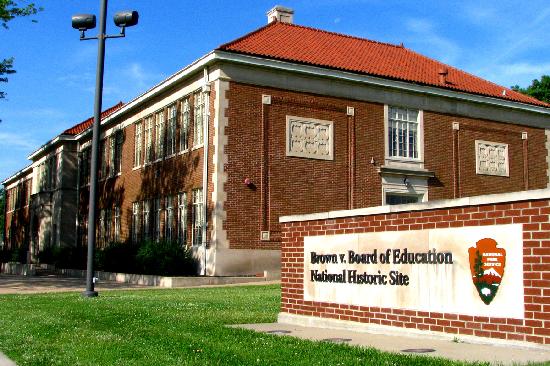
1970 Rabat (Morocco), History: Thor Heyerdahl set off across the Atlantic on a raft made of papyrus to sail to the Americas. His contention was the Egyptians had done this millennia before. The raft (pictured below) was called Ra II and crossed four thousand miles of ocean in fifty-seven days to reach Barbados.
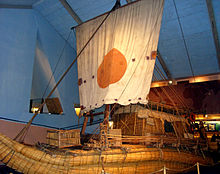
16 May
583 County Kerry, History: This is the feast day of Saint Brendan of Clonfert the Navigator who ostensibly made a voyage of seven years to the Land of Delight or the Garden of Eden. Did he reach the Americas? Christopher Columbus used this legend in part to justify the project to cross the Atlantic.
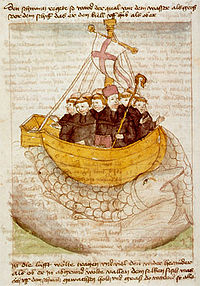
1763 London, Literature: Samuel Johnson met his future biographer and thereafter constant companion James Boswell, the diarist. Johnson called him Bozzy. The latter’s very name passed into common usage for constant companion as when Arthur Conan Doyle had Sherlock Holmes proclaim that he was ‘lost without his Boswell,’ i.e., Dr Watson.

1815 Blackheath, History: In the Blue Mountains returning from Bathurst NSW Governor Lachlan Macquarie named the settlement Blackheath after the colour and texture of native flora. The current population is 4,400. I finished ‘Matters of Justice’ (1986) there in a rented cabin one November when it snowed!
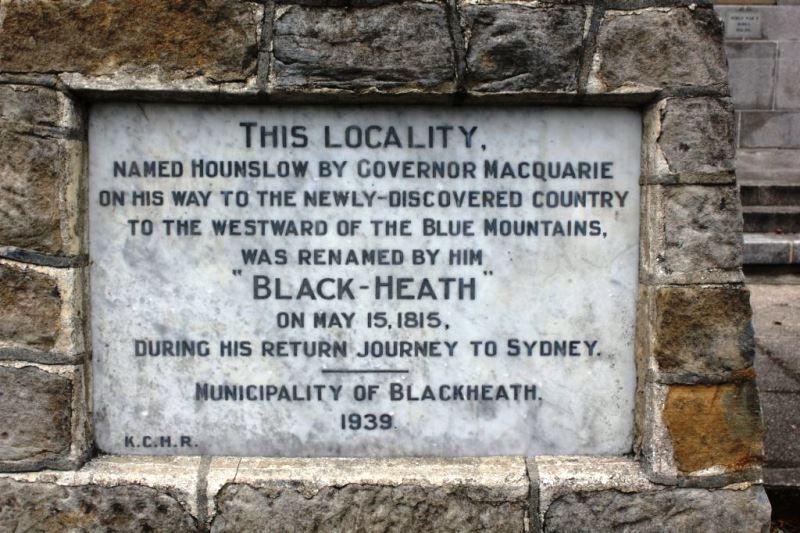
1866 Philadelphia, Popular Culture: Pharmacist Charles Hires began to sell ‘Root Beer’ made from the root of the sassafras tree without caffeine. A tea-totaler he promoted it as the temperance drink with health-giving properties. After many corporate sales and changes Cadbury Schweppes bought the residual company and still uses the name in an alcoholic drink, Hires Root Beer and Vodka!
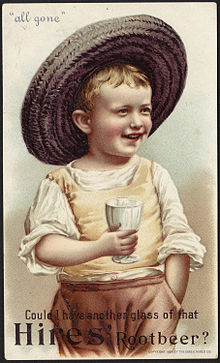
2014 Chicago, Media: Barbara Walters retired from television at eighty-four. Her career spanned fifty years and led the way for women in the media, especially in serious journalism. She moderated presidential debates, interviewed Anwar Sadat, anchored NBC evening news, and made documentaries, often about the handicapped and disabled. Her example inspired countless other women in front of the camera to do more than point to the letters on a game show. I did see her flummoxed once when interviewing the president of a poor African country. She more or less asked him how he could take a salary in a destitute country. His reply was something like this: “Well, since you have brought up salaries, I can assure that I make much less than do you.’ With a tight smile, she was at a loss for a reply and the floor director cut to a commercial.
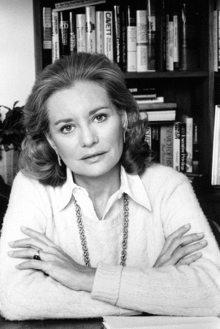
19 February
1831 Pittsburg, Technology: The first coal burning locomotive in the United States made a trial run in Pittsburgh. Ah, King Coal was much more efficient and effective than wood for steam power. We are still burning coal, as many still smoke cigarettes.
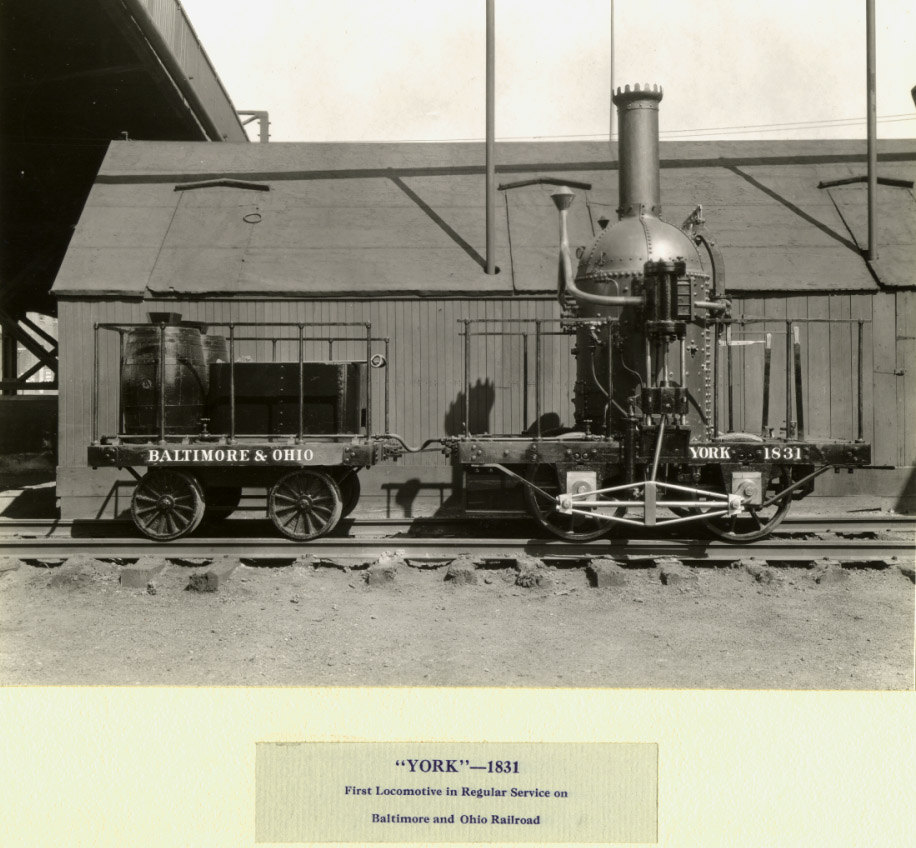
1861 St Petersburg, Politics: Russian Tsar Alexander II abolished serfdom in all-Russia. There were many qualifications and exceptions, and no enforcement.

1878 Menlo Park (New Jersey), Technology: Thomas Alva Edison patented (# 200,521) a phonograph to record and play back sound. At the time Edison thought of the device as recording words, not music. Hence the name ‘gramo-phone’ and not muso-phone.
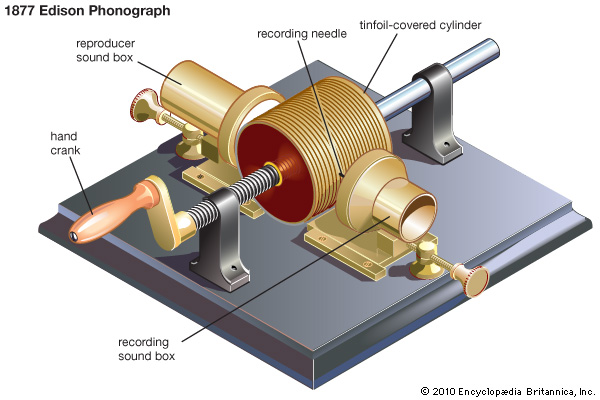
1906 Battle Creek (Michigan), Food: Will Kellogg and others founded the Battle Creek Toasted Corn Flake Company. Still to be found on supermarket shelves.
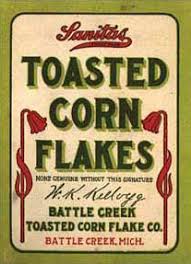
1919 Paris, Politics: W. E. B. Du Bois hosted the first Pan-African Congress. He had some informal assistance from the U.S. State Department for this inaugural conference. There were fifty-seven delegates from fifteen countries. The aim of this the first conference was to petition the Versailles Peace Conference to reform colonial rule and speed self-rule consistent with Woodrow Wilson’s Fourteen Points. Good thing his typewriter ribbon fouled or there would have been more points. Woody did not know when to quit. Six later congresses followed.
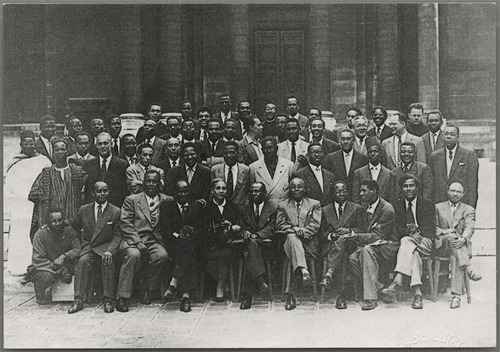
15 May
1800 Philadelphia, Politics: The United States government moved from Philadelphia to the swamp at Washington D.C.

1851 Bangkok, Politics: King Mongkut was crowned King of Siam. While courting Deborah Kerr he played off the English and French colonisers against each other to maintain the independence of Siam. He also promoted the use Western cutlery. No chopsticks for him. I have spent time at Chulalongkorn University and Thammasat University in Bangkok.
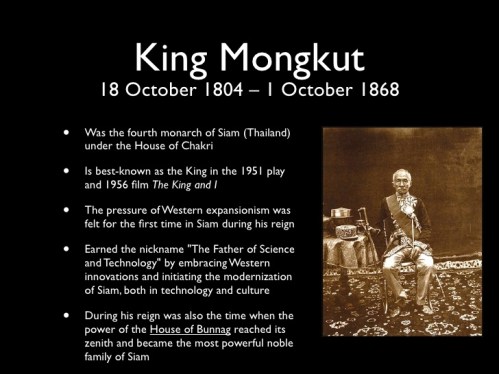
1863 Paris, Art: The Salon des Refusés opened to exhibit works rejected by the offical Salon. The artists included Paul Cézanene, Camille Pissaro, Edouard Manet, and Henri Fantin-LaTour, James Whister, and others. This event heralded the beginning of modern art.
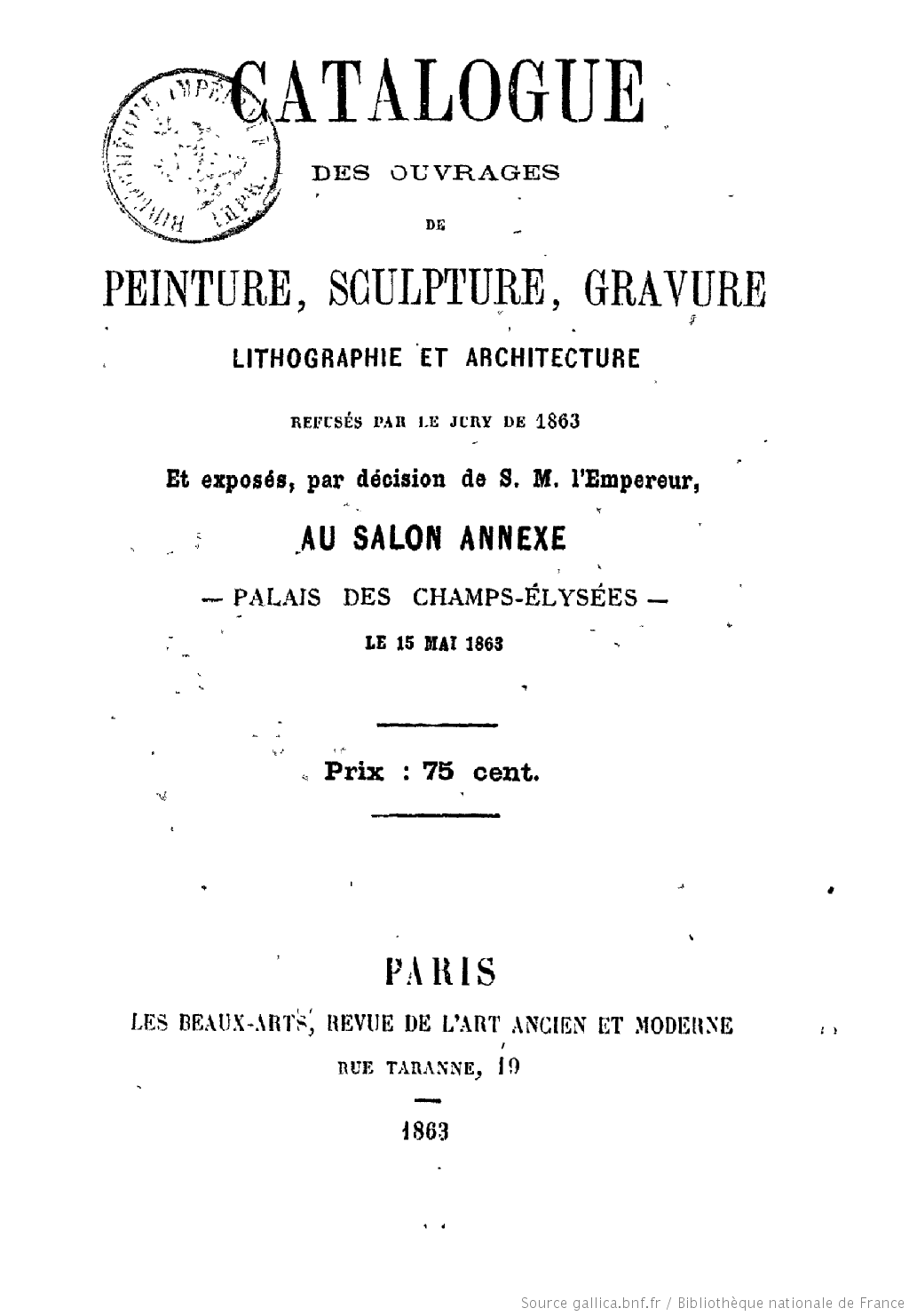
1869 New York City, Politics: Susan B Anthony and Elizabeth Cady Stanton founded the National Woman Suffrage Association to unite campaigns for the female vote, to co-ordinate fund raising efforts, to increase lobbying in state and territory legislatures, and to have an office in Wahington D.C.
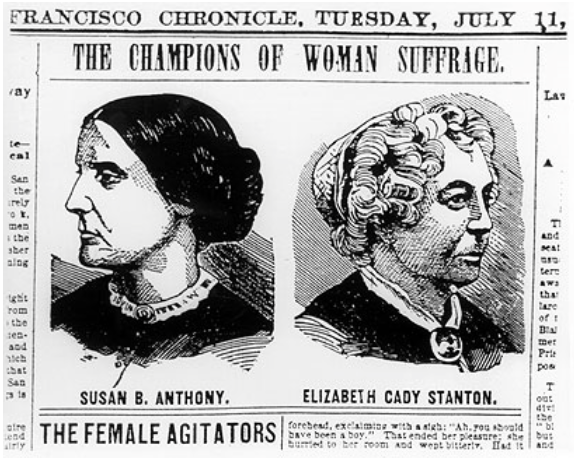
1928 Cloncurry, Queensland, Society: The Aerial Medical Service took wing and later morphed into the Flying Doctor Service. Reverend John Flynn had worked with two doctors who served an area of nearly two million square miles in West Australian and the Northern Territory. Sometimes it took weeks for a doctor to get to an injured or sick person. Flynn combined two new technologies, radio and aircraft. He raised money from a benefactor, H. V. McKay, and set it up. By the way, pedal radios were distributed to remote locations at a nominal charge since electricity was not available in the places that needed the service the most. It was renamed in 1942 and in 1955 after learning of it during a visit Queen Elizabeth gave it a royal warrant. That recognition lifted its profile in the philanthropic community, in the media, and among politicians.
